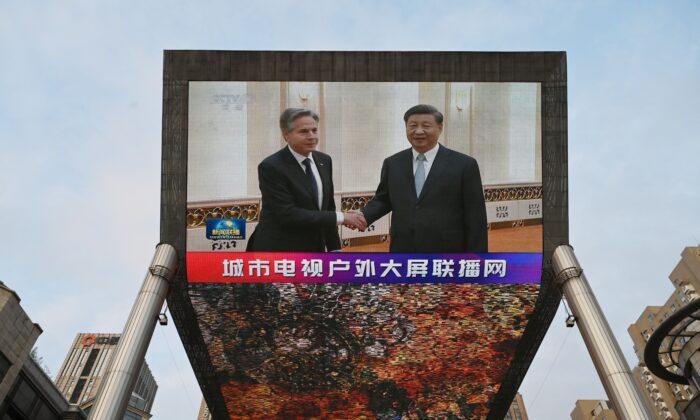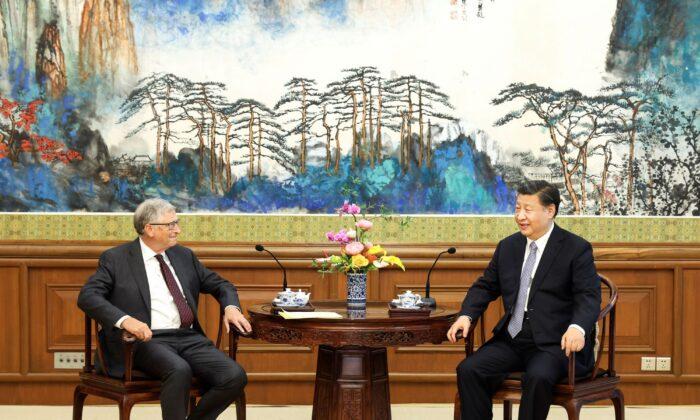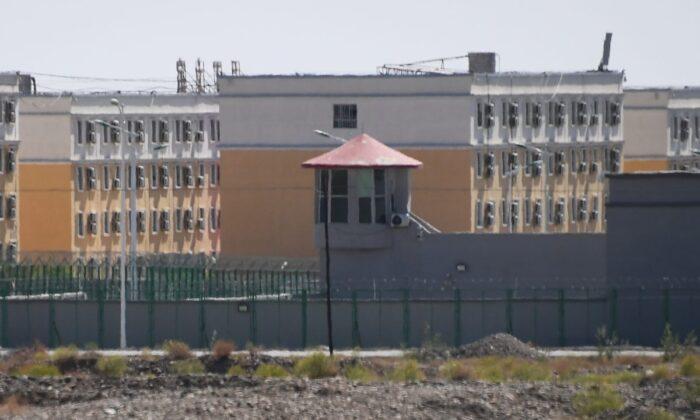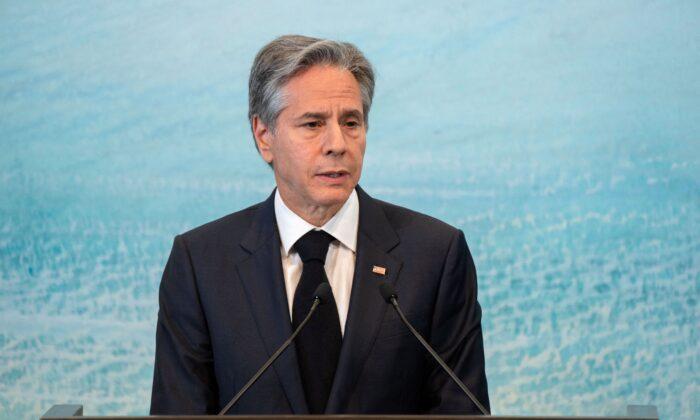China is going through a systemic debt crisis because of a lack of liquidity, according to China expert and author Gordon Chang.
“The [Chinese Communist] Party right now has no economic answers,“ he said. ”The country as a whole is in too much debt. And so this is an issue going forward.”
“Shanghai banks have severe restrictions on the amount of withdrawals. It’s technically not a default, in a sense, but people are not able to get access to their money,” he said. “There’s just not enough liquidity in the Chinese banking system. And this is not just in some faraway province. So this is across the Chinese banking system.”
He said protests had taken place in front of the People’s Bank of China of Henan, which is the central bank, instead of at the region’s rural banks, where funds had been frozen by the state since April.
“So people understand that the crisis is not just any one institution, it’s a crisis, which is systemic,” he said.
Chang noted that the debt crisis extends to other parts of the economy, citing the defaults of several large property companies.
No Solution
Chang says the Chinese Communist Party (CCP) doesn’t have any viable way to handle its huge debts.“I suppose they could print money. But China already has an inflation problem. So that’s not going to be a long-term solution,” he said.
In Chang’s opinion, the regime has faced this financial issue for some time.
“It has been masked, because the Communist Party has been able to obtain money from the outside. It’s been masked because they’ve incurred debt,” he said. “But now, they are running out of room for what to do.”
Thus, Chang said he believes that could be a trigger for the failure of the CCP because “the Communist Party can’t come up with the solutions that would save it.”
He pointed to police violence against the depositors in Henan, saying it’s rooted in the ideology of the CCP.
“This is the typical playbook of the Communist Party: to intimidate, to use force,” Chang said. “The Party line is that ’this money is not yours, it’s our money. And we’re going to do what we want with it.’
“So there’s a fundamental misperception between the people and the Party.”




